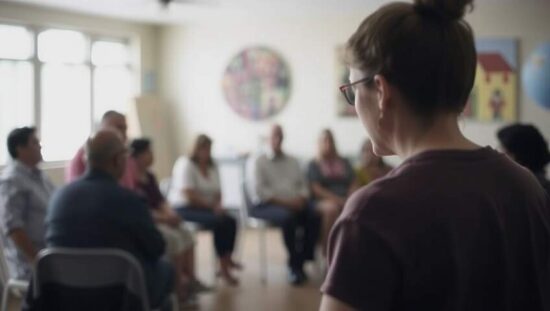The German Caritasverband, a major social welfare organization, is facing increasing financial strain across many of its programs, according to its president, Eva Maria Welskop-Deffaa. Addressing concerns over the viability of several poverty-related initiatives, Welskop-Deffaa highlighted the challenges faced in regions requiring immediate and direct assistance. She suggested that additional funding derived from church tax could provide a much-needed expansion of operational flexibility.
While Caritas primarily relies on government funding, its own services and charitable donations, it does not receive direct funding from church tax. Its financing model mirrors that of other social service providers, with areas such as elderly care drawing funds from insurance providers and patient contributions regardless of the organization’s religious affiliation. Welskop-Deffaa emphasized that church tax resources, however, are essential for supporting programs where public funding is absent or insufficient, particularly in areas like homelessness assistance and support provided by railway mission facilities.
Addressing perceptions of the organization, Welskop-Deffaa refuted the notion that Caritas exclusively employs devout Christians. She insisted that the organization is a contemporary welfare association with a diverse workforce reflecting a wide range of backgrounds and faiths. Crucially, she emphasized the guiding principle of “active neighborly love” stating that individuals uncomfortable with this ethos would likely find it difficult to thrive within the organization’s environment.





